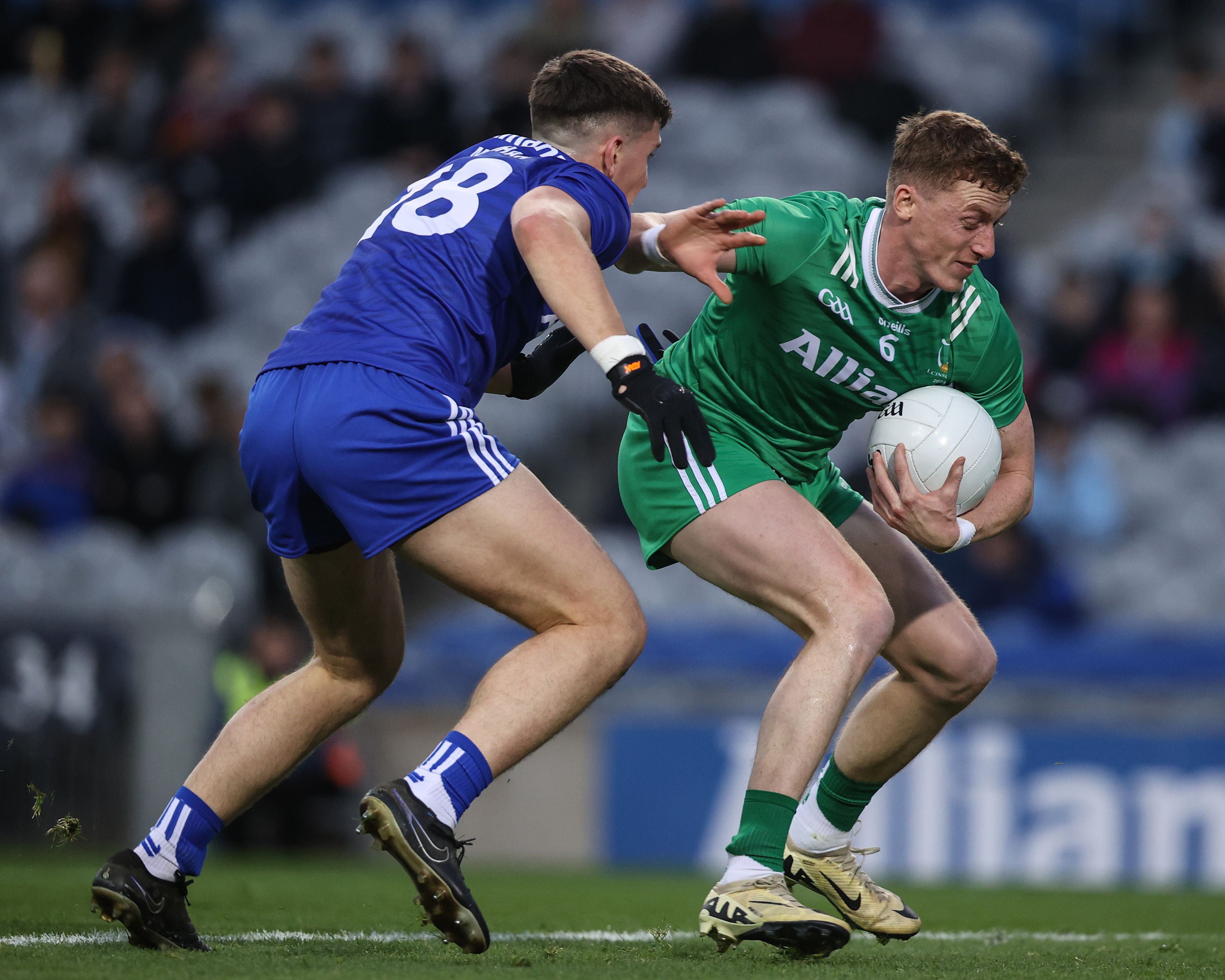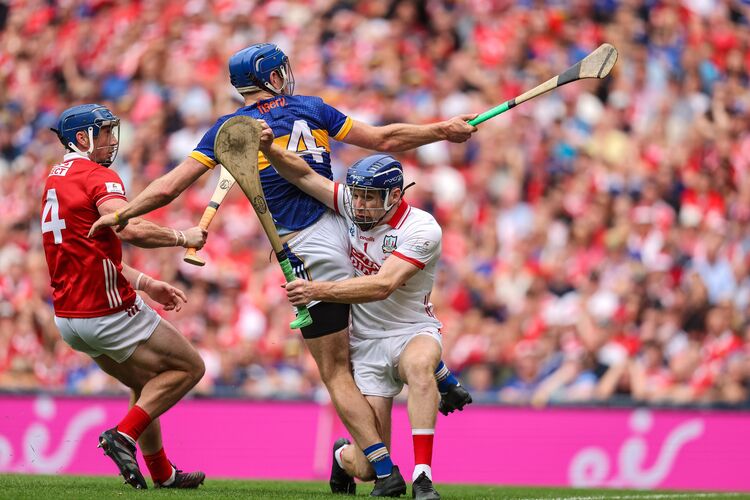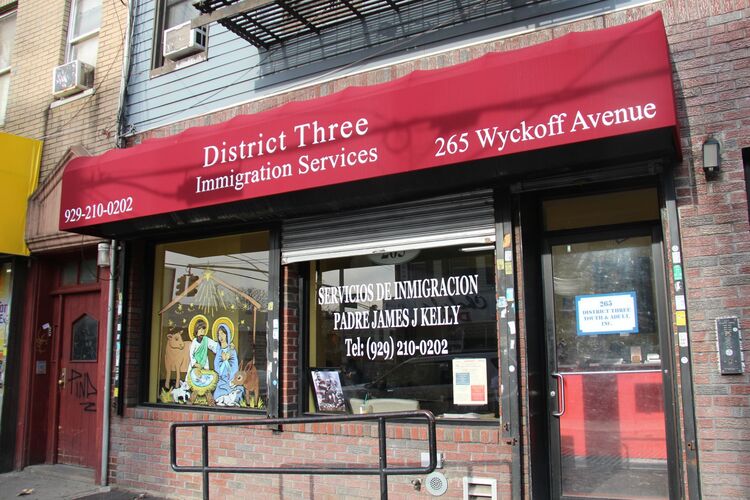The return of the GAA Football Inter-Provincial Series this year was welcome news for fans in Ireland and abroad. Even more welcome was the announcement that new proposed rules would be trialed, aimed at speeding up the game and making it more exciting for spectators.
These proposed rules have been on everyone’s minds and there seems to be a consensus at all levels of the GAA that at least some can and should be adopted. However, as someone deeply concerned with promoting the growth of the games in the United States, some of the proposals give me cause for concern. If the GAA is not careful at Ard Comhairle in November, explaining Gaelic football to newcomers could become significantly more difficult, hampering Games Development efforts abroad.
The two-point score is one of these rules. Anyone who has played Gaelic football in the U.S. outside of historic Irish diaspora hubs like New York, Boston, and Chicago knows that GAA-specific pitches are difficult to come by. American GAA clubs often share pitches with local rugby teams or rent space on public soccer fields. In situations like these, painting GAA markings onto the field proves prohibitive, and referees rely on flags staked into the sidelines at key distances to know where 45s, kickouts, and frees should be taken. This would make it nearly impossible for officials to determine where the 40-meter arc would be. Two-point scores would also throw a wrench into scorekeeping, as audiences would find themselves more confused than enthralled by the spectacle on the field. Most American GAA clubs do not have scoreboards at games, and those who do have purpose-built GAA pitches would need to retrofit the scoreboards they have had for years.

An umpire waves a red flag to signal a 2-point score during the Ulster vs. Connacht final on Oct. 19. [Inpho/Ben Brady]
The proposed change to the advanced mark should also be scrapped. Perhaps one of the most controversial changes to Gaelic football in recent memory, the advanced mark as it currently exists is the subject of much confusion in the USGAA. Teams that meet to play challenge matches against one another often negotiate ahead of time whether the advanced mark will be observed at all.
Considering that the advanced mark in its current form is already difficult for American GAA clubs to teach new players and implement, the latest needlessly complicated proposal that gives far too much advantage to the attacker should be a non-starter. Admittedly, I play in the fullback line, so it could be that my opposition to this rule is selfishly motivated. But if the new proposal is adopted, defending would become exceptionally difficult in a time when we already see referee interpretations of what constitutes fair tackles varying wildly. If the aim is to get attackers to play on after a catch, then the advanced mark should be done away with altogether. That, however, is not on the table for Ard Comhairle - at least not this time - so if nothing else, the burden should remain on the attacker to declare the mark. If defenders are expected to defend a chance on goal, and then find their successful efforts penalized with a free chance at a score, newcomers will be hesitant to learn the nuance of an already difficult position.
The return of the Railway Cup in 2024 was an exciting spectacle that saw beautifully kitted provinces (release the jerseys, O’Neill’s!) at the forefront of an exciting effort to innovate our beloved game. Proposals like the 1v1 throw-in, 3/3 up/back, and the “solo and go” are all smart and easily implemented at the highest and lowest levels.
But for the sake of clubs abroad that want to grow their numbers beyond Irish-born expats and those who grew up playing the game in the diaspora, the GAA would be wise to reject two of the more contrived and complicated proposals. Calls to change the game are warranted, but let’s not forget the beauty of simplicity.







